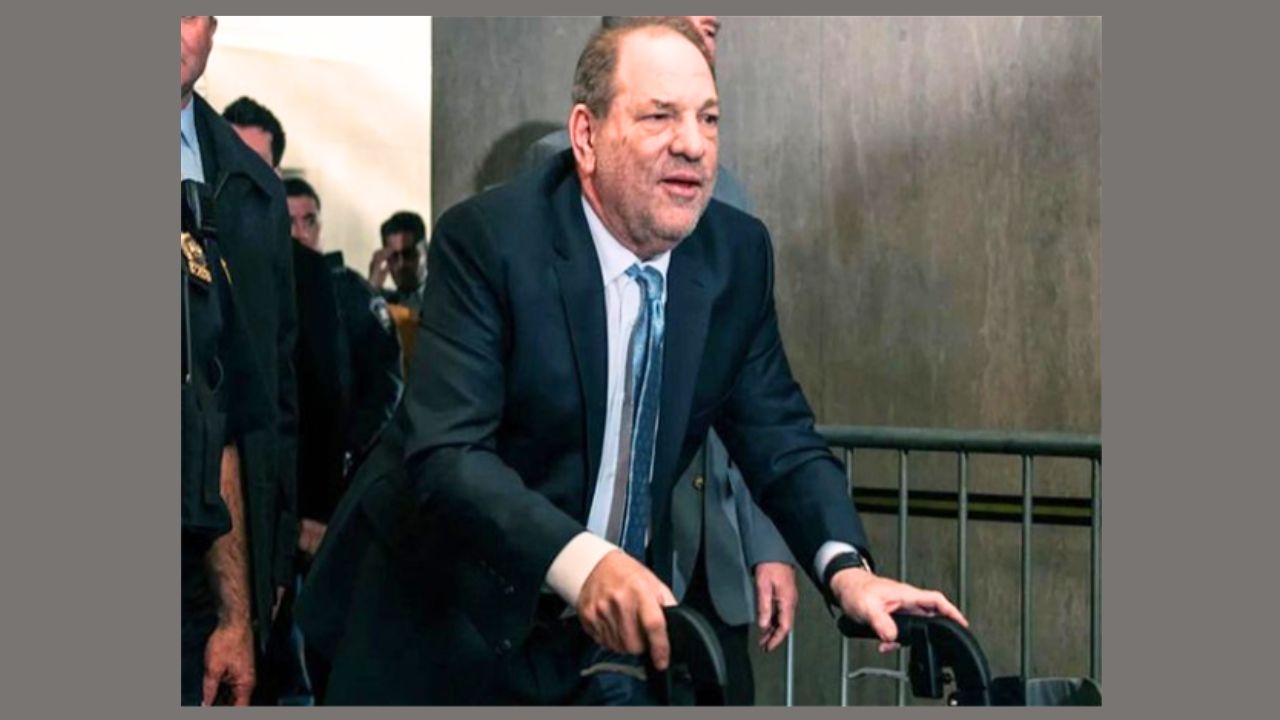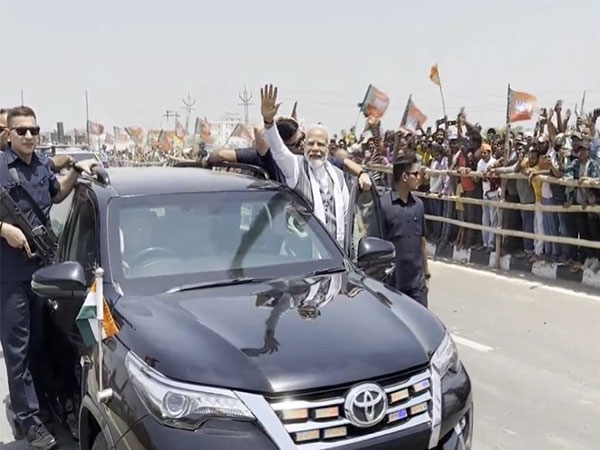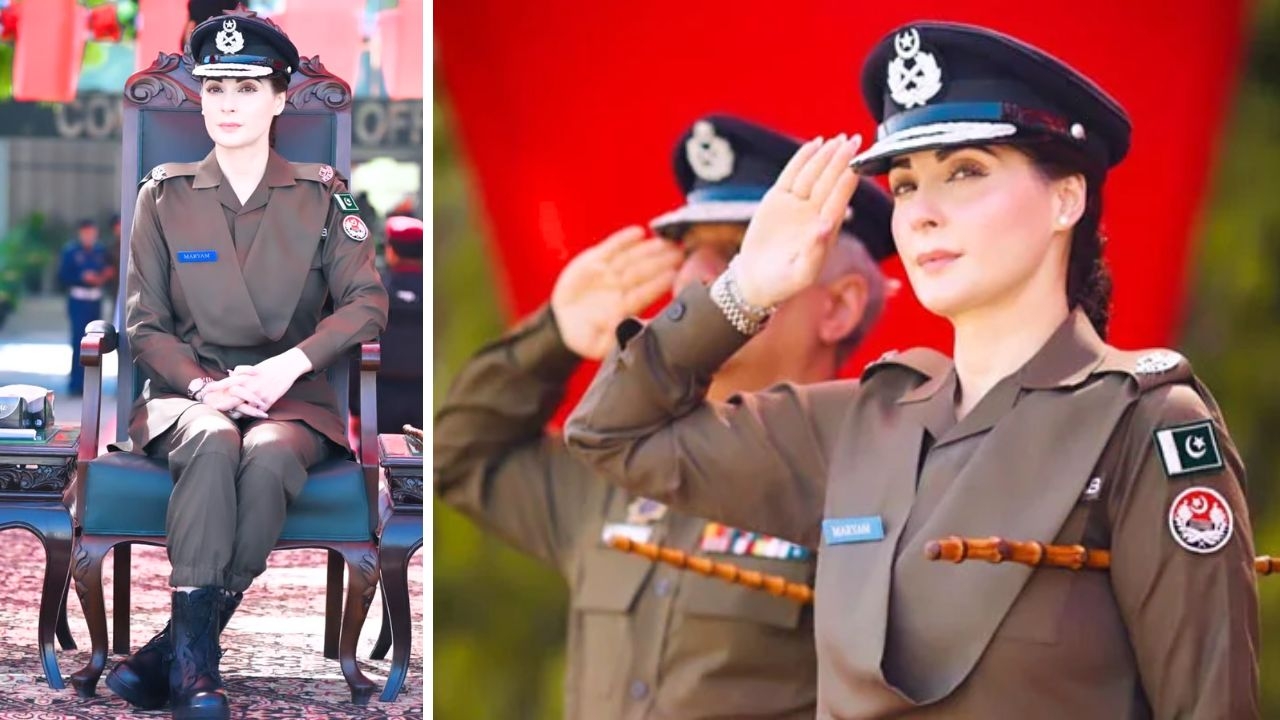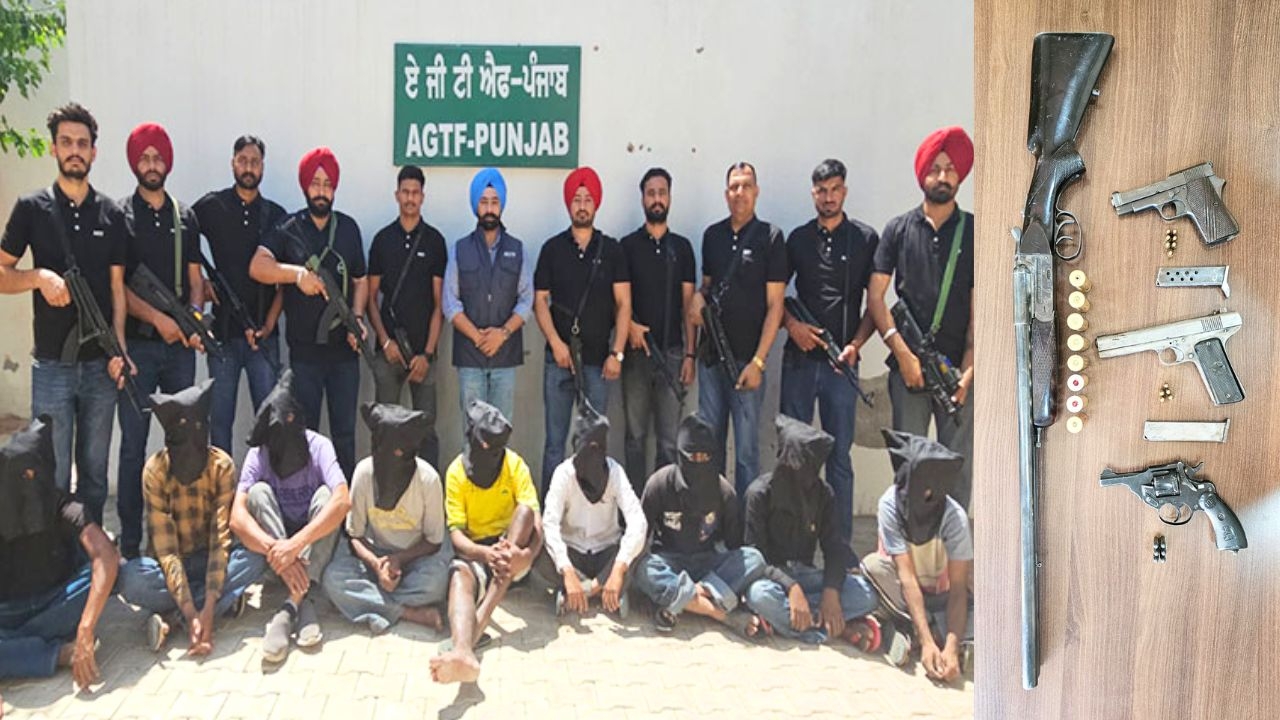Shia Waqf Board stakes claim to Babri Masjid, queers the pitch for Sunnis
_76491_730x419-m.jpg)
An interesting twist has taken place in the Babri Masjid case. The Shia Central Waqf Board has moved the Supreme Court claiming ownership of the Babri Masjid. It filed an affidavit in the Supreme Court to opposing the position of the Sunni Waqf board on Tuesday and requested for an out-of-court settlement.
After years of slumber, it has challenged the 1946 Faizabad Court verdict which held the Sunni Waqf Board as the owner of the mosque.
In its submission to the Court, the Shia Waqf Board has also urged the Court to form a committee comprising a nominee of the Prime Minister, a nominee of the Chief Minister of Uttar Pradesh, a retired judge of the High Court and a retired judge of the Supreme Court to chart a course for an out-of-court settlement.
“They should get representatives of the Akhara, the Hindu Saints, and the Shia Waqf Board to the table,” Wasim Rizvi, the Chairman of the Shia Central Waqf Board told Catch.
On being asked what about the Sunnis, Rizvi said “They don't have a rightful claim to the property”.
“As it is they are not interested in an out of court settlement,” Rizvi said, adding that there are people with vested interests on both sides, who want to keep the issue hanging.
“The BJP, too, does not seem to want to resolve it till at least 2019,” he said.
Is an out of court settlement possible?
Chief Justice JS Khehar’s remarks earlier that there should be an out of court settlement to the dispute had evoked strong responses. Questions were raised on why the Court was suggesting an out of court settlement when the verdict of the court would also constitute an amicable solution as all parties have agreed to abide by what the Apex Court decides.
Zafaryab Jilani, a member of the Babri Masjid Action Committee, had earlier told Catch that an out of court settlement was out of question. “How can we give up the mosques? We can’t surrender, it is not allowed under Islamic jurisprudence,” he told Catch.
Rizvi, however, has a different take. “They may be right that under Islamic law you cannot surrender it. But this case is much bigger. It is a national issue which has led to so much bloodshed,” he says.
Rizvi says that the Muslims of the country have been paying a heavy price because the issue has remained unresolved.
“It is high time that it is resolved,” he said.
The Shia Central Waqf Board’s intervention could become a problem for the Sunni Waqf Board as it sends the signal that there are divisions within the Muslim community. Rizvi’s solution is quite at variance with the Sunni position.
“We are of the view that the mosque should not be constructed in Ayodhya but in a Muslim dominated locality away from the disputed structure,” he says. “If the mosque and the temple are constructed side by side, it will remain a reason for dispute,” Rizvi said.
This formula could find takers even in the hardline Vishwa Hindu Parishad which has been suggesting that in case of an out of court settlement a mosque could only come up outside Ayodhya. Expectedly, the move by the Shia Waqf Board has been received positively by the likes of BJP leader Subramanian Swamy who has been demanding a Ram Temple.
The move has added an interesting twist to the case which is pending in the Supreme Court since 2010 after the Allahabad High Court verdict that divided the disputed land into three equal parts, between the Muslims, the Nirmohi Akhara and the party representing Ram Lalla Virajman.
That the High Court verdict spoke of Muslims and not specifically the Sunni Waqf Board has given the Shia Board a ray of hope. “You cannot just assume that the Court meant the Sunni Waqf Board when it divided the disputed property in its 2010 judgment,” Rizvi told Catch. He says that the High Court order of 2010 disputed that the property was rightfully registered as a Waqf under the Sunni Waqf Board.
“For years we have been a party in the case but nobody ever responded,” he said on being asked why the Shia Waqf Board kept quiet all these years.
That the Shia Waqf Board has woken up after so many years has led to questions over the motive of this sudden move. “The matter has already seen a lot of delay. What is the harm if the court decides on our plea as well?” he asked. “If you leave your house vacant for many years it does not give anybody the right to encroach over it,” he says.
The Shia and Sunni Waqf Boards locked horns over the title of the property in 1945 after Sunni Waq Board registered it as a Sunni Waqf. While the Sunni Board claimed that the mosque came up on the orders of a Babar, a Sunni Muslim, it ought to be under the Sunni Waqf Board.
The Shias, meanwhile, based their claims on the fact that Mughal commander Mir Baqi, who got the mosque constructed, was a Shia. Moreover, over the years, the caretaker of the mosque happened to be a Shia Muslim even as both the Sunnis and the Shia prayed there.
“The board did not follow the case properly then,” Rizvi says explaining how there are written submissions by the then lawyers of the Shia board that there was no need for an appeal after a judge ruled in favour of the Sunni Waqf Board. “What sort of a lawyer would advise you against appeal?” he asks adding that since it was a volatile period in history the Shias could have been under pressure. The 1946 court order had come under severe criticism by at least one judge on the Lucknow Bench of the Allahabad High Court which delivered the 2010 verdict.
“We are hopeful that the Supreme Court will accept our Special Leave Petition on Friday,” Rizvi says.

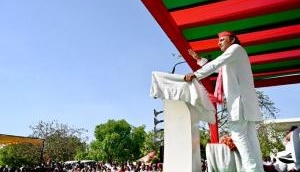
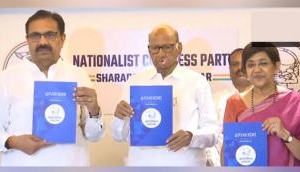
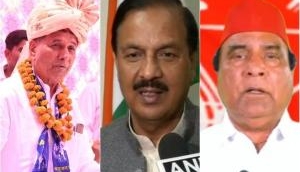
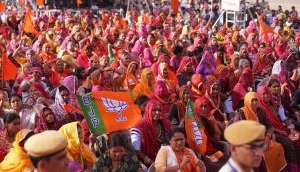

![BJP's Kapil Mishra recreates Shankar Mahadevan’s ‘Breathless’ song to highlight Delhi pollution [WATCH] BJP's Kapil Mishra recreates Shankar Mahadevan’s ‘Breathless’ song to highlight Delhi pollution [WATCH]](http://images.catchnews.com/upload/2022/11/03/kapil-mishra_240884_300x172.png)

![Anupam Kher shares pictures of his toned body on 67th birthday [MUST SEE] Anupam Kher shares pictures of his toned body on 67th birthday [MUST SEE]](http://images.catchnews.com/upload/2022/03/07/Anupam_kher_231145_300x172.jpg)


